The opportunity to swim in the same tank as 5B, RayGen, GreenSync, Planet Ark Power and Iron Matrix has been extended to June 7. No sharks, just mentoring and potential partnerships to take startups through scale-up.
The Australian Technologies Competition (ATC) is in its 11th year, and the need has never been stronger to bring great clean-energy innovations to commercial fruition.
Of course, the Competition, sponsored by the Commonwealth Department of Industry, Science, Energy and Resources, the Victorian Governments, AusIndustry Entrepreneurs Program, National Energy Resources Australia, the Australian Space Agency and other organisations with clout, is not only for startups working in the renewable energy space.
But of 270 startups that have made their way to ATC semi-finalist or finalist stage over the years, 90 have been in green energy generation, storage, management and related fields, says Patrick Mooney, whose consultancy, Impact Tech Ventures, has run the competition in recent times.
“Scale up is the stage where we feel we can do the most good,” says Mooney of the seven-month ATC program. He tells pv magazine Australia, “Historically, scale up is where the Australian tech sector has fallen over; technology has been licensed or acquired overseas, or companies have just not gone anywhere because they haven’t had the resources, or in many cases, the management expertise.”
Although he says applicants to the ATC are initially attracted by the potential “award-winning” boost and exposure their innovations might receive through winner or finalist status, they ultimately find the program’s capability building of far greater benefit.
Practical and strategic coaching
Semi-finalists are invited to participate in an intensive growth masterclass (a fee is payable) which covers, among other topics, which markets to launch in, which organisations to partner with, how to build teams in early-stage companies, how to coach those teams to be effective, and how to manage intellectual property in different geographies and set up reliable supply chains.
During Stage 2 of the semi-finals participants are carefully matched with mentors — at least one, sometimes two per startup.“It’s very interactive, and our great pool of mentors includes people who’ve run tech companies and have been in senior corporate roles; they have very good international connections.”
Finalists in 11 categories of technology present their five-minute pitches to a judging panel and a live audience, and subsequently participate in the Awards ceremony.
In 2020, Village Energy took out the Energy award, for its artificial intelligence-driven platform that optimises the social, technical and commercial performance of distributed electricity systems.
Wayne Liubinskas, Co-Founder of Village Energy, says of the ATC program, “Just going through the process is valuable. It forces you to take the time to articulate your business and your own plans.”
In post-program surveys conducted by the ATC team, the masterclass alone has been consistently rated 9 out of 10 by participants.
The culmination of the mentoring and masterclass components is in partner-connect events where ATC finalists and alumni are introduced to senior investors and corporates in their sectors.
Incubators such as EnergyLab and Startupbootcamp beat a path for their fledglings to ATC. Says Mooney, “It’s probably Australia’s biggest pipeline of energy and related tech.”
Applications for ATC21 are open online until June 7.
This content is protected by copyright and may not be reused. If you want to cooperate with us and would like to reuse some of our content, please contact: editors@pv-magazine.com.
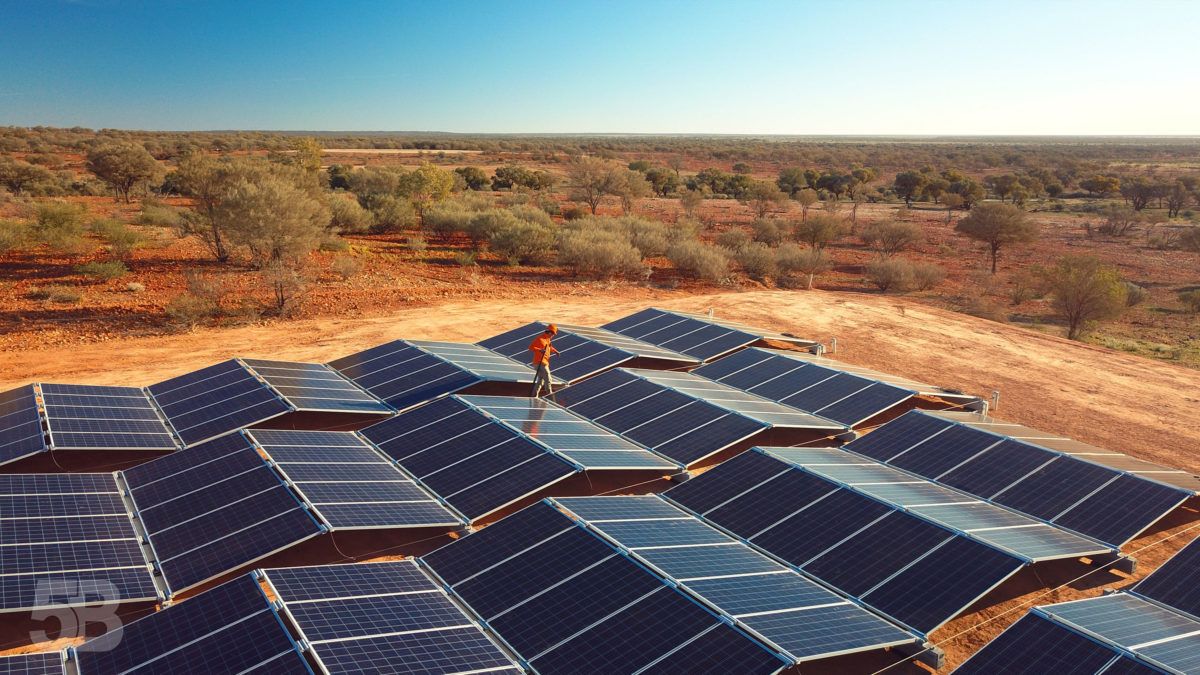


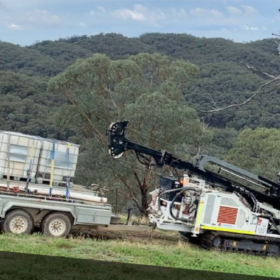
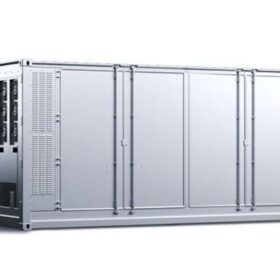
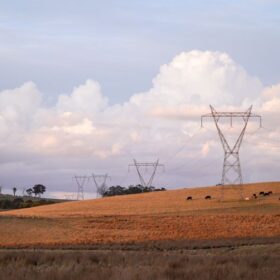

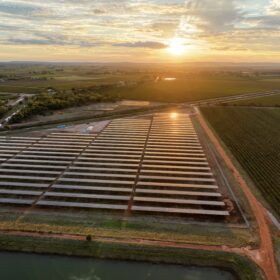
By submitting this form you agree to pv magazine using your data for the purposes of publishing your comment.
Your personal data will only be disclosed or otherwise transmitted to third parties for the purposes of spam filtering or if this is necessary for technical maintenance of the website. Any other transfer to third parties will not take place unless this is justified on the basis of applicable data protection regulations or if pv magazine is legally obliged to do so.
You may revoke this consent at any time with effect for the future, in which case your personal data will be deleted immediately. Otherwise, your data will be deleted if pv magazine has processed your request or the purpose of data storage is fulfilled.
Further information on data privacy can be found in our Data Protection Policy.